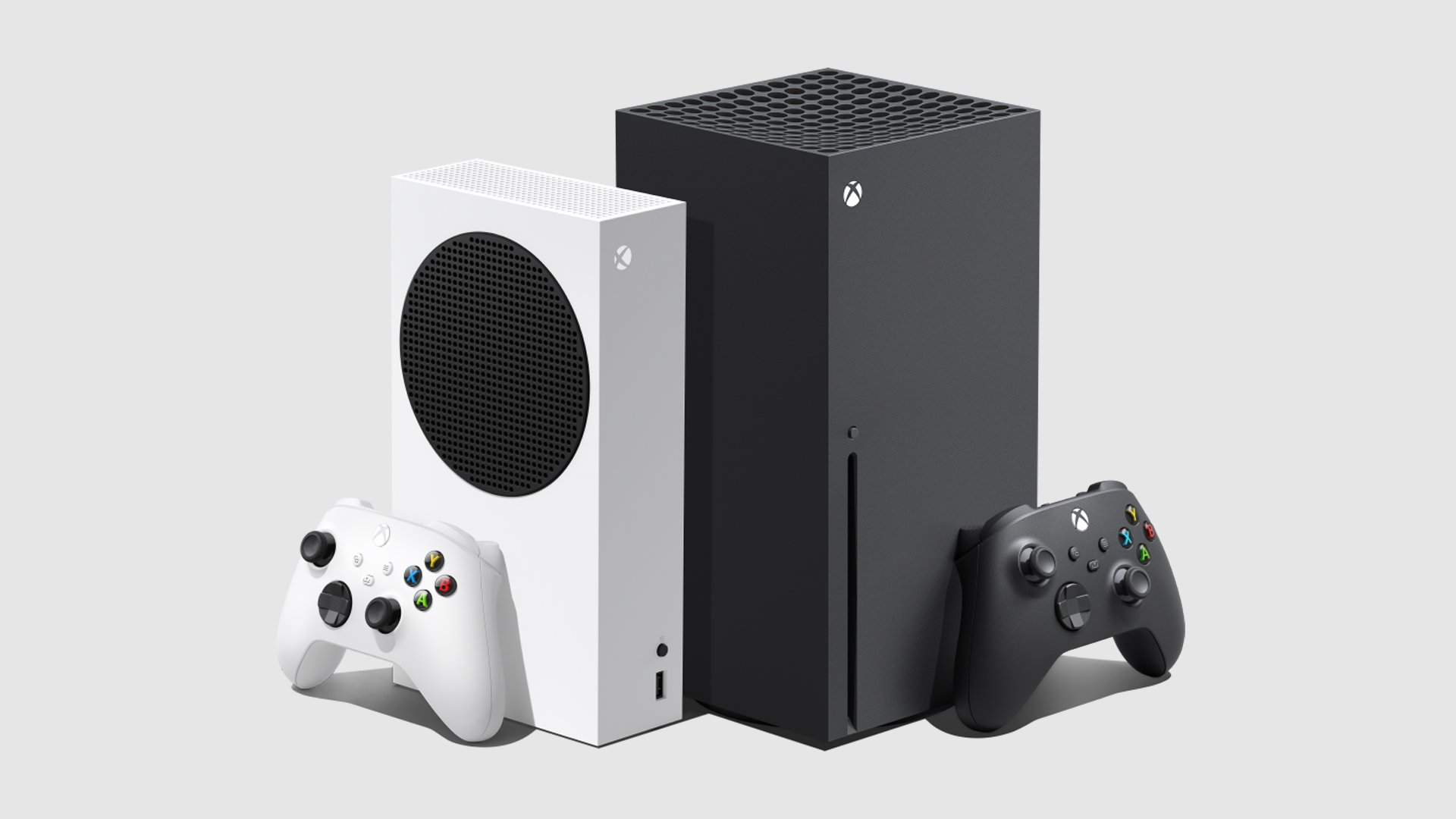Video game consoles are expensive. However you choose to look at it, buying any console these days can be a huge investment. Thankfully, the amount people have to spend on modern gaming platforms won’t increase anytime soon. Well, at least that’s what we used to think.
Recently, Sony shook the gaming world by announcing that the price of the PlayStation 5 is going up in select major markets. While Sony cited current global economic struggles and supply issues as the biggest contributing factors to that difficult decision, even these tough times don’t entirely explain such an unprecedented decision. Naturally, many gamers found themselves wondering whether other video game companies facing similar economic obstacles will also be raising the price of their products.
Interestingly enough, Phil Spencer, the CEO of Microsoft Gaming, recently went on CNBC and had quite a bit to say about the current gaming market. For instance, coming off of the Tokyo Game Show, Spencer said he was happy with how much Microsoft had expanded and collaborated with foreign studios. Naturally, though, one of the hosts eventually asked the question that was on everyone’s minds: Would Sony’s recent PlayStation 5 price hike affect the cost of Xbox consoles?
While Spencer initially said that Microsoft always evaluates its business model and that we should “never say never” (we’re paraphrasing here) in regards to a potential price hike in the future, for now, Xbox Series X and S prices will remain where they are. In Spencer’s own words, “In a time when our customers are more economically challenged and more uncertain than ever, we don’t think it’s the right move for us at this point to raise the price of our consoles.” Ironically, when Sony explained why it was increasing console prices, the company cited these same “challenging economic conditions.” Just goes to show you that even when two people view the same facts, a difference in perspective can lead to a difference in conclusions.
Then again, it’s important to realize that Xbox and PlayStation’s positions aren’t exactly the same, especially when it comes to this key issue. For instance, Spencer noted that increasing the cost of Xbox consoles could ruin the good thing the company has going for it with the Xbox Series S. According to Spencer, more than half of the gamers who started playing Xbox consoles this generation cut their teeth on the Series S. But that’s not all. Since the budget console finally let Microsoft make some headway in Japan — a market that was downright inhospitable to previous Xbox consoles — suddenly increasing the Xbox Series S’ price probably wouldn’t be in Microsoft’s best interests from a short or long-term perspective.
While Spencer’s confirmation is a huge relief, it shouldn’t come as much of a surprise. After all, during the Epic v. Apple trial, we learned that Xbox’s business model revolves around selling consoles at a loss (via Protocol). The company then makes up for it with subscription services such as Xbox Game Pass and Xbox Live Gold, as well as game sales. Since Microsoft has already made peace that it won’t profit off console sales, company execs probably realized that increasing their Xbox prices would only drive away customers. Plus, Nintendo announced a while ago it wouldn’t increase the cost of a Switch either (via Eurogamer), so the Xbox team probably doesn’t feel too eager to follow directly in Sony’s footsteps when another major competitor has announced their intentions to keep things where they are.
When you think about it, Microsoft’s decision demonstrates the company is learning from its mistakes as well as those made by its competitors. One generation ago, Xbox One was the more expensive console, mostly because early editions of the hardware were bundled with the Kinect. But for the foreseeable future, the Xbox Series hardware line is will be the more affordable option for many gamers across the globe simply because Microsoft doesn’t want to suddenly inflate console prices. How quickly the tables turn.
